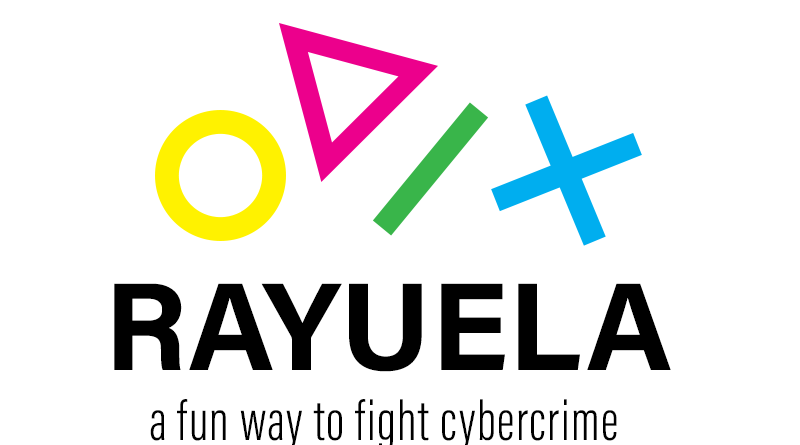RAYUELA: A fun way to fight cybercrime
As the Internet has become an integral part of young people’s lives, experts seek ways to control its excessive use. More than half of all EU citizens feel insufficiently, if at all, informed about cyber threats, and 86 % of Europeans believe that the risk of becoming a victim of cybercrime is rapidly increasing.
The EU-funded RAYUELA project (Empowering and Educating Young People for the Internet by Playing) aims to bring together law enforcement agencies (LEAs), sociologists, psychologists, anthropologists, legal experts, computer scientists and engineers, to develop novel methodologies that allow better understanding the factors affecting online behaviour related to new ways of cyber criminality, as well as promoting the potential of these young talents for cybersecurity and technologies.
RAYUELA’s main goal is to better understand the drivers and human factors affecting certain relevant ways of cybercriminality, as well as empower and educate young people (children and teenagers primarily) in the benefits, risks and threats intrinsically linked to the use of the Internet by playing, thus preventing and mitigating cybercriminal behaviour.
RSTI members Prof. Manuel Alvarez-Campana, Prof. Mario Vega and PhD student Sonia Solera, lead the research activities aimed to assess the security and privacy implications associated with the increasing adoption of IoT devices at all scales in our society: public and private infrastructure and services, smart cities, smart buildings, smart offices, smart homes and personal wearables.
RSTI participates also in several other research activities in RAYUELA, including the Development of a Cyberadventure Serious Gaming, the Gathering of Insights via Pilot Studies across the EU, and the Data Analysis and Interpretation on Profiles from Potential Young Victims and Offenders.

This project has received funding from the European Union’s Horizon 2020 research and innovation programme under Grant Agreement No. 882828.


